Simple ways you can help make a difference
At Abbeyfield, we believe that every older person deserves to feel safe, valued, and connected to their community. Yet, for millions of older people across the country struggle with social isolation and loneliness every day.
The issue is often complicated by things like not being able to move around much, a lack of local family support, or finding modern technology difficult to manage. Still, tackling this quiet challenge is a key step in enhancing the quality of life for our older neighbours.
You don't need grand gestures to make a difference—just consistent, practical kindness. Here are six simple ways you can support the older people living in your community.

1. Show you care through thoughtful gestures
A little bit of kindness goes a long way. To brighten someone's day, a simple handwritten letter, card, or postcard is a wonderful way to show you are thinking of them. Homemade cards or small, non-perishable gifts are especially meaningful and help lift spirits by reinforcing a sense of being valued.
-
Create a simple care package: Put together a little package with a few small, nice items—maybe some nice tea, a crossword book, a bar of chocolate, or a fresh flower. Dropping it off on their doorstep with a personal note is a lovely way to show you’re thinking of them.
-
Share relevant local information: Don't forget to include simple details about local events, library programs, or community initiatives so they know what's happening nearby.
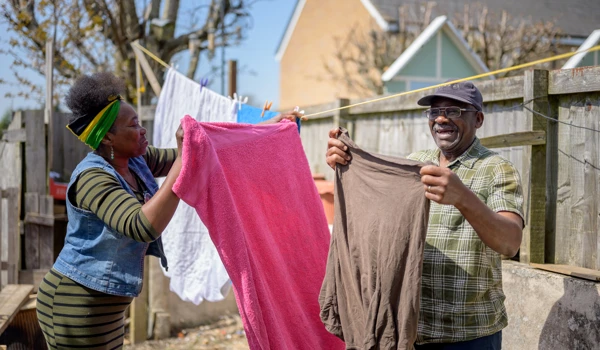
2. Help by running essential errands
Simple tasks like grocery shopping or picking up prescriptions can become challenging for older people, especially those with limited mobility.
If you know of any older people who might be struggling, you can lend a hand by:
- Offering to pick up their shopping or medicine.
- Dropping off an extra portion of a meal you've cooked as a nice, unexpected treat.
- Helping with simple tech issues: Offer to help troubleshoot a frozen tablet, reset a Wi-Fi router, or even change a lightbulb that's too high to reach.
These small acts of maintenance can help to remove daily frustrations.

3. Stay in touch regularly and reliably
Consistent and dependable contact is vital to overcoming loneliness. A simple, friendly chat makes older neighbours and relatives feel seen, valued, and connected to the wider community.
Pick up the phone and call regularly. Ask how they are, take the time to listen to their stories, and share what you've been up to.
-
Set a consistent schedule: Try to call or visit at the same time and on the same day every week. That way, they know exactly when to expect you, and it becomes a reliable part of their schedule to look forward to.
-
Become a Digital Pen Pal: If calling feels like too much, help them learn to use email or text messaging. This low-pressure communication means they can easily reply whenever they have time.
-
Teach them how to make a video call: Walk them through setting up video chat apps (like FaceTime or WhatsApp). Once they get the hang of it, they can connect with distant family and friends face-to-face, which is a great way to bridge the miles.
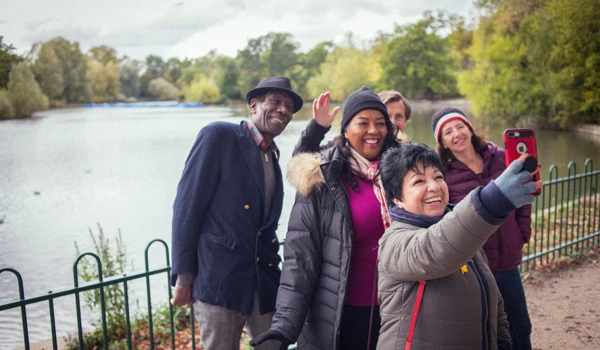
4. Encourage them to keep active
Keeping a daily routine and staying active are really important for both mind and body. You can help by gently encouraging older people to keep up with their favorite hobbies and the activities that mean the most to them.
-
Share gentle exercise ideas: Offer simple ways to keep fit at home, like suggesting chair yoga or gentle stretching routines tailored for limited mobility. This helps them stay strong and independent.
-
Bring the outside in: If mobility is limited, ensure their favourite chair faces a nice window view. Little additions like fresh flowers or a small indoor herb garden can also help bring the outside in.
-
Support hobbies and interests: Encourage them to keep up with reading, music, or any creative hobbies they enjoy. Any activity that keeps their mind sharp, entertained, and provides a routine is helpful. Learn more about lifelong learning.
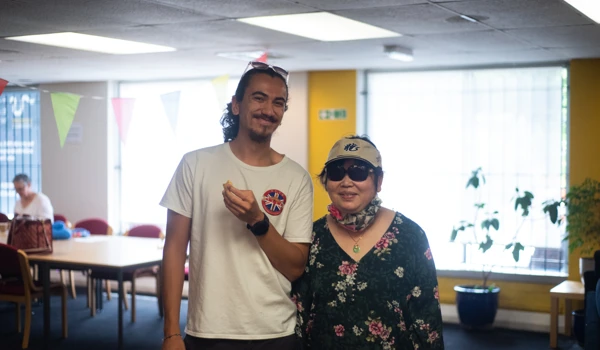
If you can, volunteer your time
Many charitable organisations that support older people rely on volunteers to deliver services and provide companionship.
Abbeyfield Living Society are constantly seeking dedicated volunteers like you. Your time and support contribute to the wellbeing of our residents and enhance the quality of life we offer to residents. We have a variety of roles available, ranging from companionship and befriending to admin support or garden maintenance.
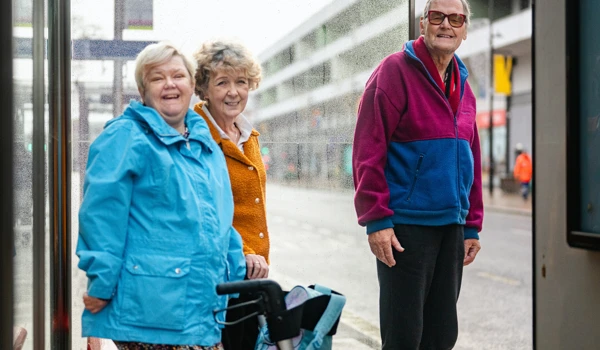
6. Support Abbeyfield through fundraising and donations
Abbeyfield is dedicated to providing high-quality, supportive homes that create a strong sense of community for all residents. Your support directly helps us enrich the lives of older people across the UK.
Every contribution, big or small, helps us continue our vital mission.
-
Make a donation: Give directly to support our essential services.
-
Fundraise for us: Organise an event like a bake sale or sponsored challenge.
-
Donate as you shop: Raise free donations simply by using platforms like Give As You Live when you shop online.
-
Leave a legacy: Consider a gift in your will to ensure our support continues for future generations.
-
Structured giving: Explore options like Payroll Giving or Corporate Partnerships.
Next steps and further reading

Loneliness in older age
Loneliness is a serious health concern in later life, with factors like poor health and bereavement increasing vulnerability. Studies link chronic loneliness to severe risks, including up to a 40% higher chance of developing dementia or a 30% increased risk of heart disease. Abbeyfield's mission is dedicated to providing companionship and practical ways to overcome this isolation.
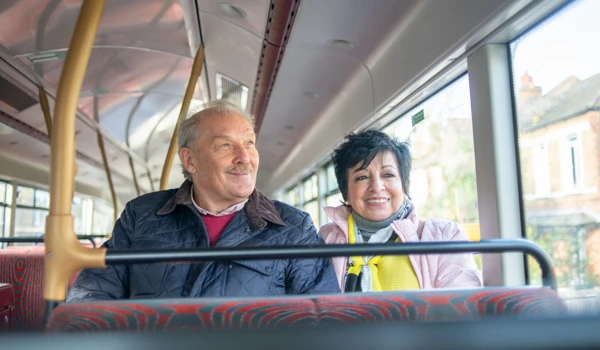
Helpful guides and advice
Our help and advice section provides essential resources on the process of moving into retirement or care homes, along with practical information on maintaining your health and wellbeing in later life.
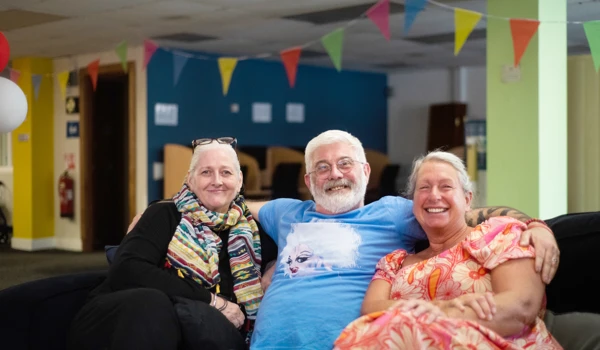
Find an Abbeyfield home near you
Discover high-quality, welcoming sheltered housing, independent living or care home that suits your needs.
